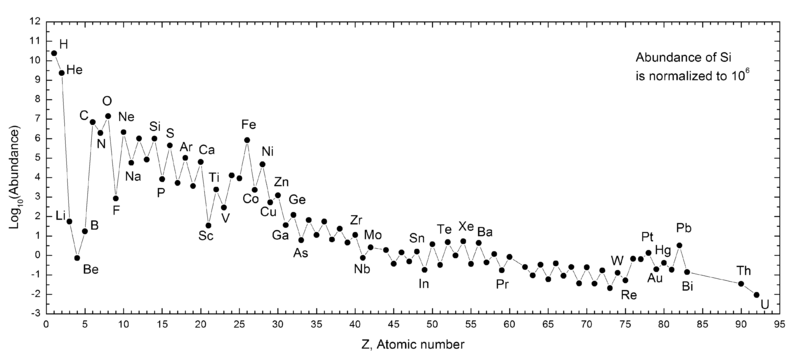You need to read the NYT's hatchet piece regarding Julian Assange to believe it. The writer, Alessandra Stanley, apparently has no idea how utterly sick the mainstream media is, including her precious employer, the NYT, which is significantly responsible for plunging the United States into a needless war in Iraq.
Instead of showing some appreciation that Assange has used his new television show to provide meaningful dialogue with a significant world figure, Hezbollah leader Hassan Nasrallah, she repeatedly tries to draw attention to her own sense of superiority, ignoring the horrifically unjust treatment Assange has received on many fronts, especially from the United States. She blithely writes, citing no sources, that nowadays Assange "is most often portrayed as a nut job." She has no idea, and offers no appreciation for the mission of Wikileaks or for the personal sacrifice experienced by Mr. Assange. She should start with this list of the many accomplishments of Wikileaks. Then she should consider this presentation at this year's National Conference for Media Reform and this.
Glenn Greenwald forcefully and precisely puts Stanley's piece in perspective:
Assange developed an alternative template to the corporate media — one that was far more independent of, and adversarial to, government power — and, in the process, produced more newsworthy scoops than all of them combined. As NYU Journalism Professor Jay Rosen once put it about WikiLeaks: “The Watchdog Press Died; We Have This Instead.” The mavens of that dead watchdog press then decided that they hated Assange and devoted themselves to demonizing and destroying him. That behavior makes someone a “nut job,” but it isn’t Assange.
More revealingly still: it is simply impossible to imagine The New York Times using the phrase “nut job” to describe how anyone who exercises actual power in Washington is “most often portrayed.” The same is true of the rank speculation Stanley invokes to imply — without having the slightest idea whether it’s true — that Assange “wore out his welcome” at his prior home: that sort of gossipy ignorance, designed to smear without any basis, would rarely make its way into an article about someone at the epicenter of America’s political class. That’s because American media outlets are eager to savage those who are outcasts in Washington, but unfailingly treat its most powerful figures with great reverence. Stanley may want to reflect on that the next time she seeks to portray some media outlet other than her own as a subservient tool of state propaganda.
Unlike Alessandra Stanley, Julian Assange is not beholden to a corporate master
in disturbingly over-consolidated industry. And it shows. To be convinced, all you need to do is read Stanley's mocking article, then view
Assange's focused and revealing interview of Hassan Nasrallah.
 I was quite surprised at how easy it was to read this passage. Here's another test, though. Try to type the above passage exactly as it is above. You'll find that your body's motor routines strongly interfere with your ability to accurately type this. I was reminded of the Stroop Effect.
I was quite surprised at how easy it was to read this passage. Here's another test, though. Try to type the above passage exactly as it is above. You'll find that your body's motor routines strongly interfere with your ability to accurately type this. I was reminded of the Stroop Effect. 
